At the height of the 2008 presidential campaign, Barack Obama's inspirational message of change was sweeping the nation. It also informs the film For Spacious Sky, director Coy Middlebrook's autobiographical story of three brothers: a successful gay novelist (played by Jonah Blechman) and an ex-con white supremacist (played by Andres Faucher) traveling cross-country to take a third brother to rehab for substance abuse.
Their awkward silence is broken by election news coverage, streaming from the car radio, forcing them to confront long-dormant hostility and resentment. Middlebrook talks to us about For Spacious Sky, the portrait of an American family at a deep crossroads, where three brothers must find the path to forgiveness and the courage to change.
The Advocate: For Spacious Sky is inspired by actual events that took place during the 2008 election while you were driving cross-county with your brothers. What happened on that journey that motivated you to make this film?
Coy Middlebrook: I shared an incredible day with my two brothers as we were driving one of us to rehab. Our brotherhood had fallen away as we grew up, but on that day we found a road back to one another. It was a day full of struggle, healing, and transformation. I remember saying to myself, If I can capture this day, I think I can speak to what many Americans are feeling right now.
The story centers on Eli, an ex-con white supremacist who, after years of incarceration, is voting for the first time. Change was the prevailing word used by the Obama campaign four years ago. What change do you think Eli went through that results in him voting the way he does?
Eli's vote reveals the transformative experience that comes to someone when they participate in the democratic process. For Eli, personally, his vote represents his long-wished chance to unzip his skin, inked from the hate he learned in prison. Eli's change was motivated in part by the powerful message that Obama promoted, which opened the hearts and minds of many Americans who overcame extreme circumstances and were offered inclusion.

Did your brother express how important it was for him to vote?
Absolutely, he did. After his release from prison and during the years of his probation, he would mention on every Election Day how cheated he felt that he was denied the right to vote. As soon as it was legal for him to vote, he did. Coming from his past as an ex-con white supremacist, I remember him saying to me, "Can you believe the poetic justice? After all these years I wasn't allowed to vote and now I get to and my guy is Barack!" He wore his "I Voted" sticker that entire day.
Eli's gay brother, Clay, is a successful writer. Having escaped their hometown, he comes back to help Eli take their brother Kevin (Gabe Fazio) to rehab. How much of Clay is based on you?
Clay is based on me to the extent that I managed to escape addiction, made it out of our hometown, and found some measure of success. The sibling rivalry between Eli and Clay and their feelings of abandoning the other is also accurate to my experience. Clay's unwillingness to let his brother into his life is different than me. Clay is not as open as I am, at least in the beginning of this day, and he too, like Eli, is on a road to change.
Harvey Milk famously said, "You must come out. Come out ... to your parents ... I know that it is hard and will hurt them but think about how they will hurt you in the voting booth!" To what extent do you think Clay influences Eli's voting decision?
Mr. Milk was right, when we are out to our families it helps put a face to the inequality. I don't think Eli is thinking of Clay in the voting booth, but I believe Clay had the same influence on Eli as I've had on my brother. It was a major struggle for both my brother and I when he was released from prison and he had become a white supremacist. He never had an issue with my gayness growing up, but now he was someone who had hate in his heart. I remember asking him how he could hate someone for being who they are when he witnessed firsthand the prejudice thrown at me through the years. My being gay and his acceptance of that, definitely provided some of the stepping stones that allowed him to move away from his racial bias and inevitably renounce those hate-filled beliefs.

Eli, Clay, and Kevin are three archetypal characters: the buttoned-up gay author, the white supremacist ex-con, and the inarticulate alcoholic. We see how infinitely different they are from one another. How are they alike?
They are alike in their love for one another and their loyalty to family. Their love is the driving engine and why they're in the car facing one another that day. They are alike in that they are the product of America's broken heartland and fighting for survival.
When the radio announcer proclaims that Obama won, Clay exuberantly shouts, "We did it!" Who was Clay directing that statement to? The nation or Eli? Or both?
He was shouting to Eli, to the nation, to President-elect Barack Obama, to himself. .. and to every one of us, in record-breaking numbers, that were a part of that day and made that happen.
For Spacious Sky is about the complex relationship between three brothers, but it does have undercurrents of a (very wel-produced) campaign video. Did you set out to make a politically-charged film?
Yes. Undercurrents, as you put it, is the perfect description. I set out to tell a personal story, which mirrored the politics of that day. It's the brothers' story; the events of that day run parallel to their journey but are always in the background. Beyond that day, I wanted the film politically to speak to the divide and discourse we've all had to weather these last four years and how that keeps us separate instead of united. It's a film about our personal brotherhood and our collective brotherhood. It's about us all being included on this road trip through democracy -- either we're all in the car or none of us are.
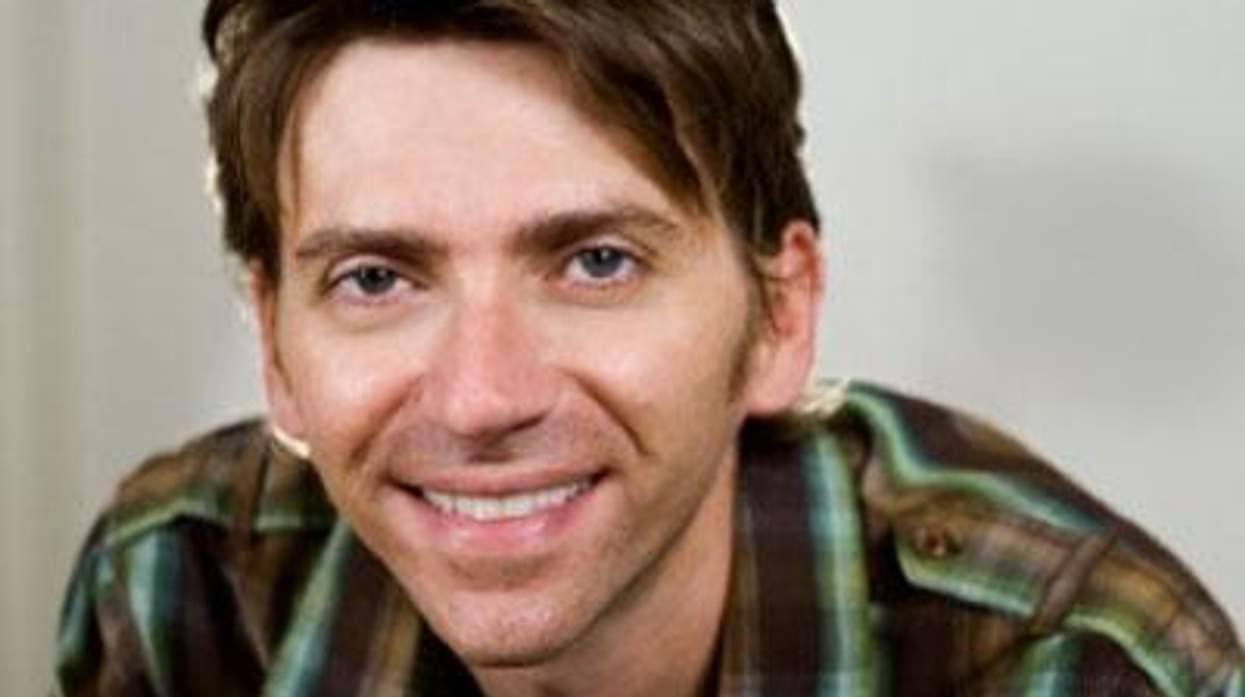

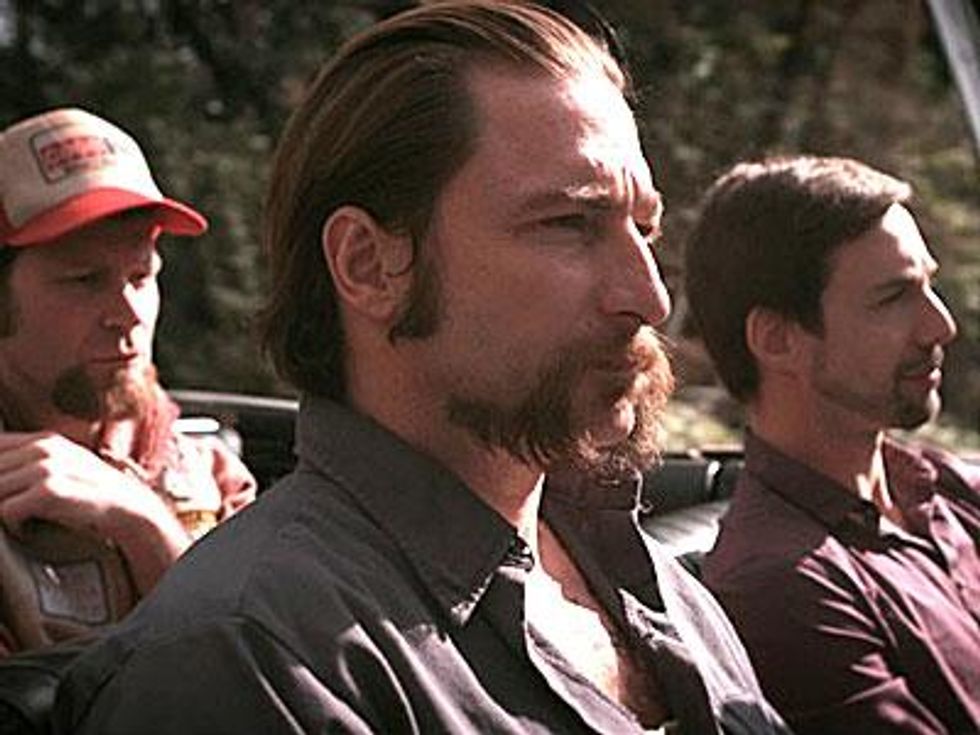
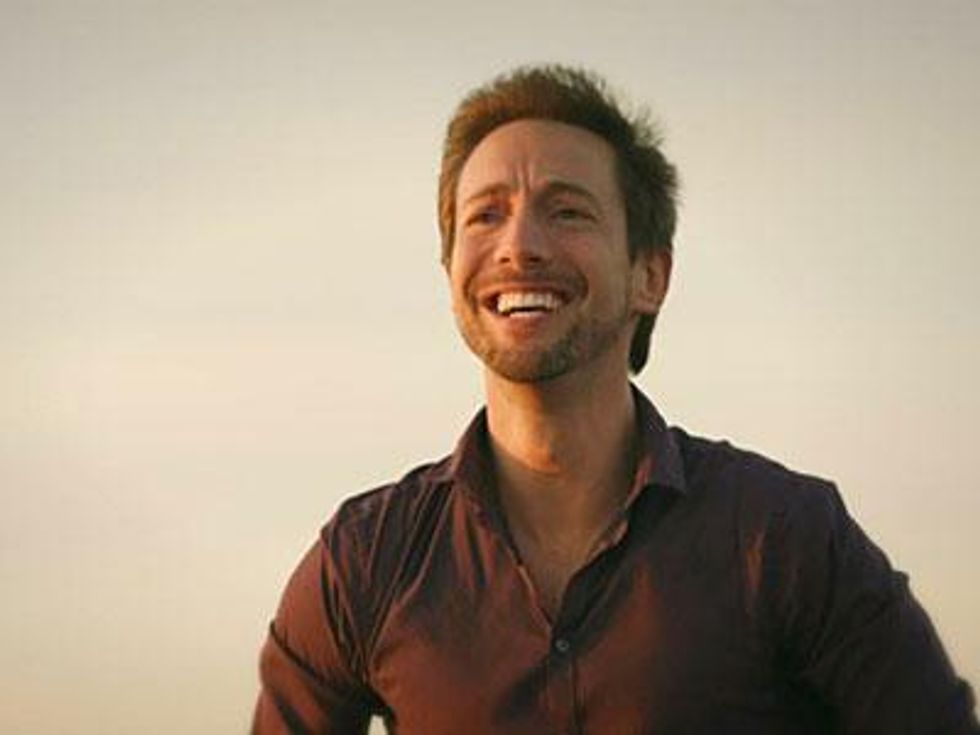
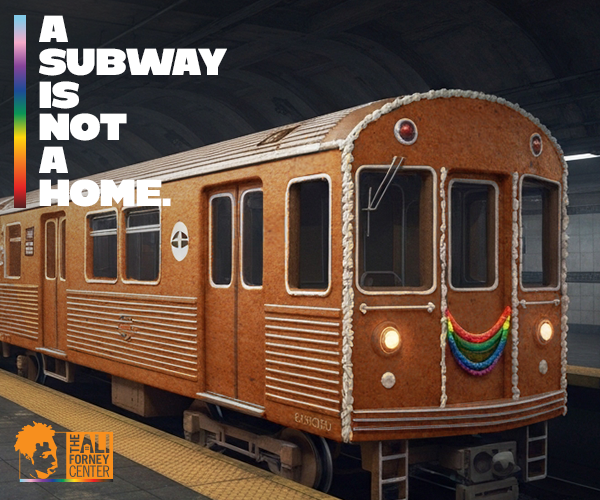





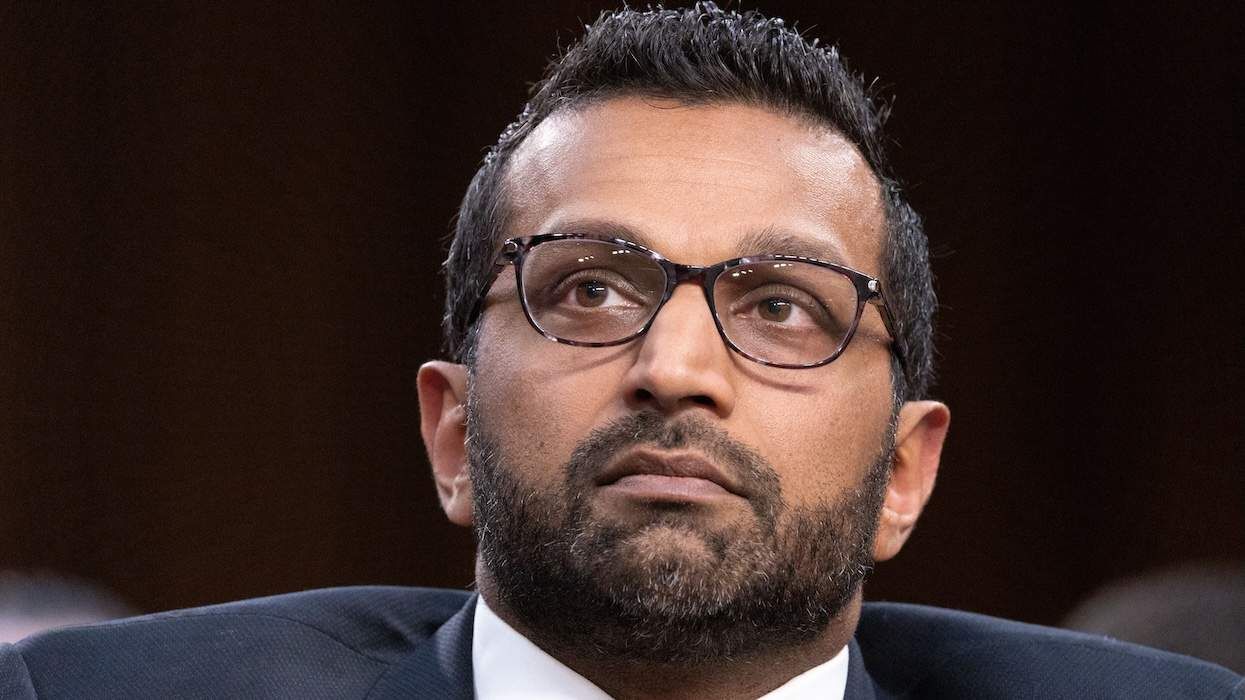
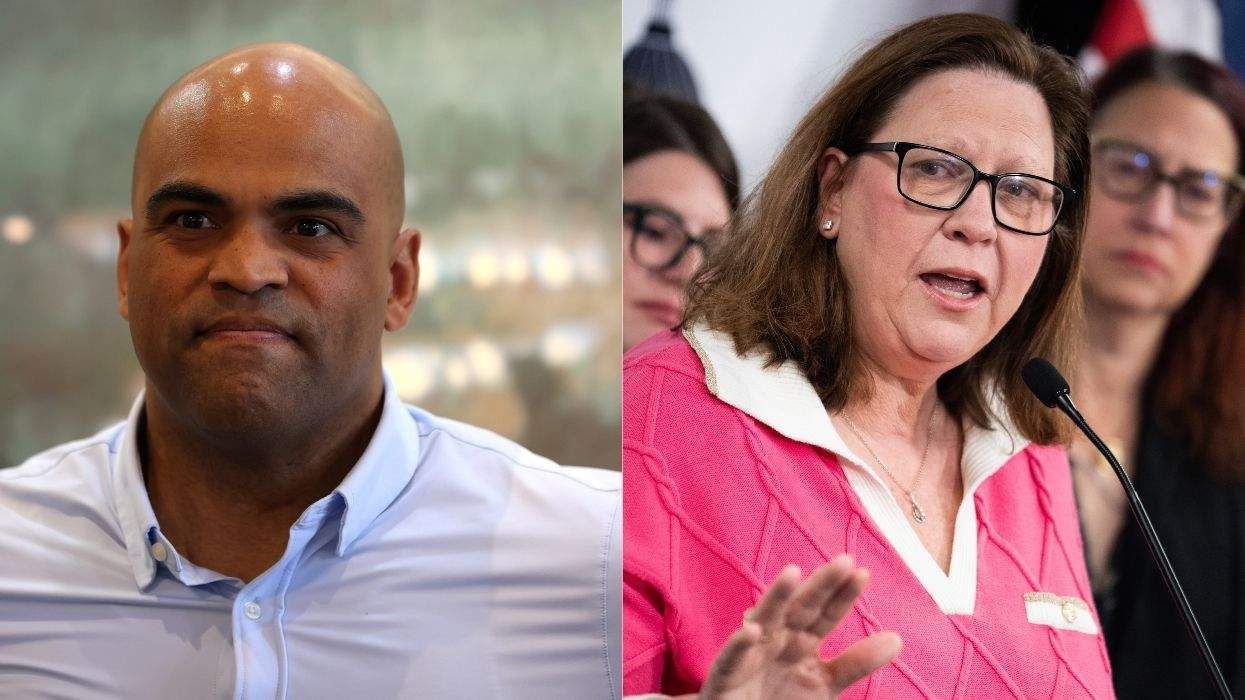
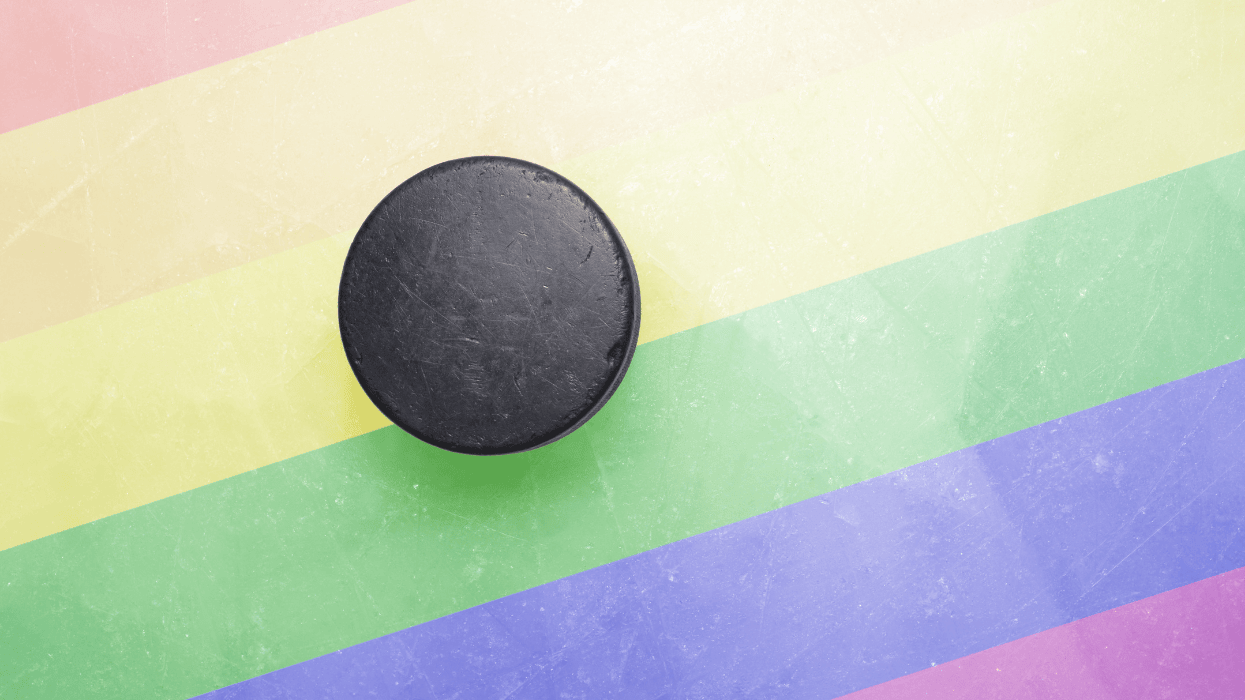
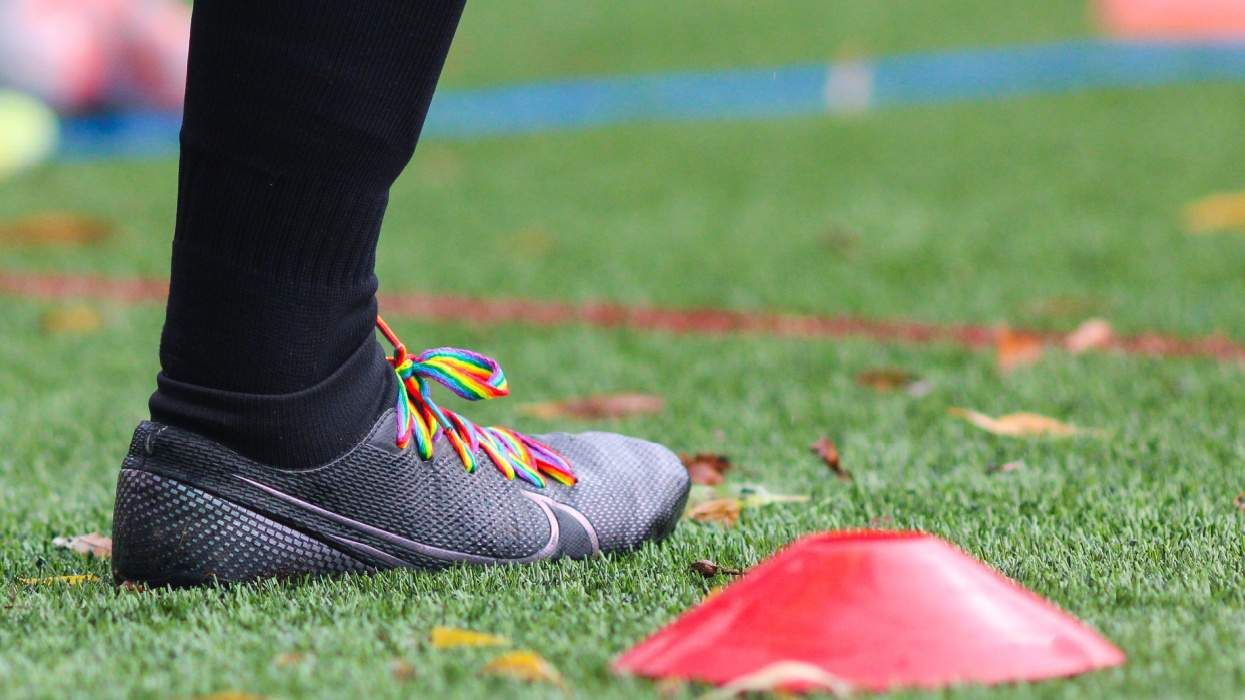
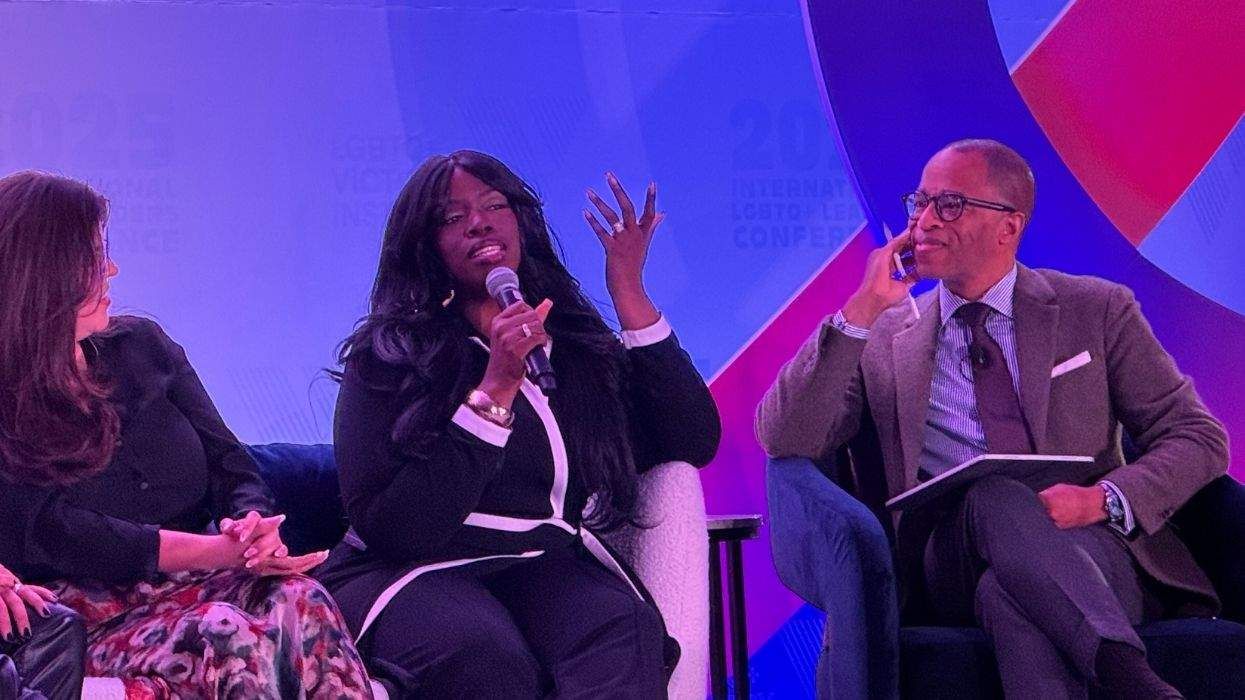
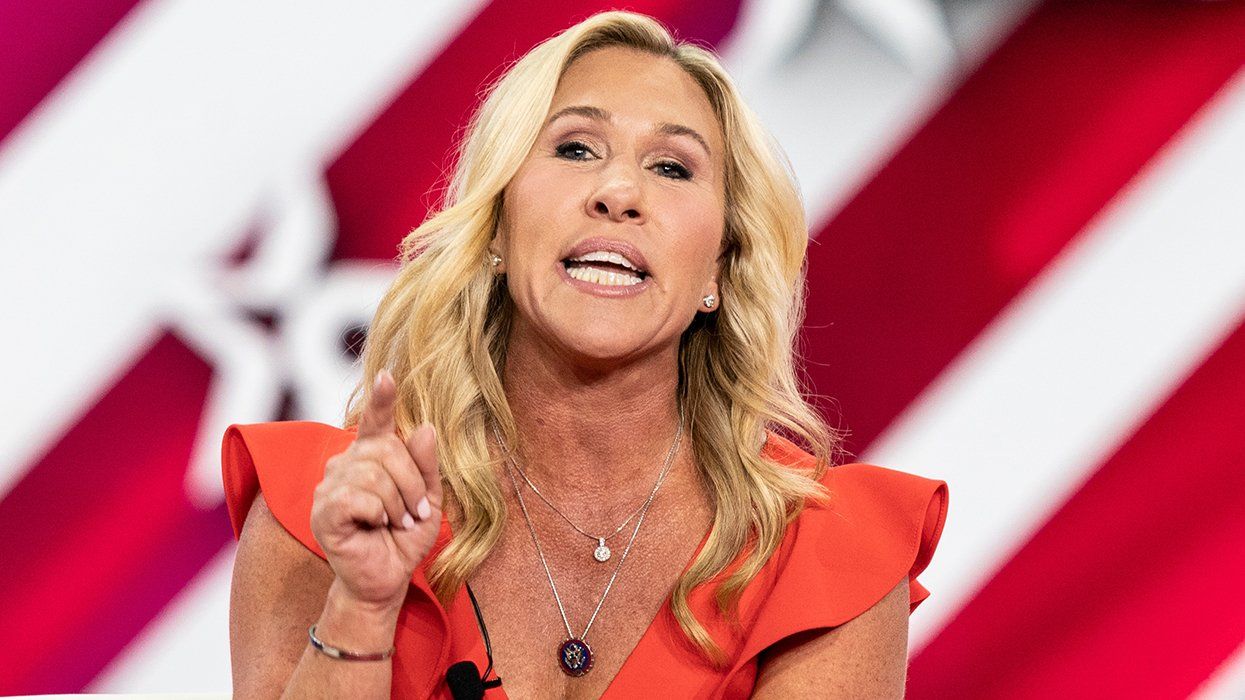
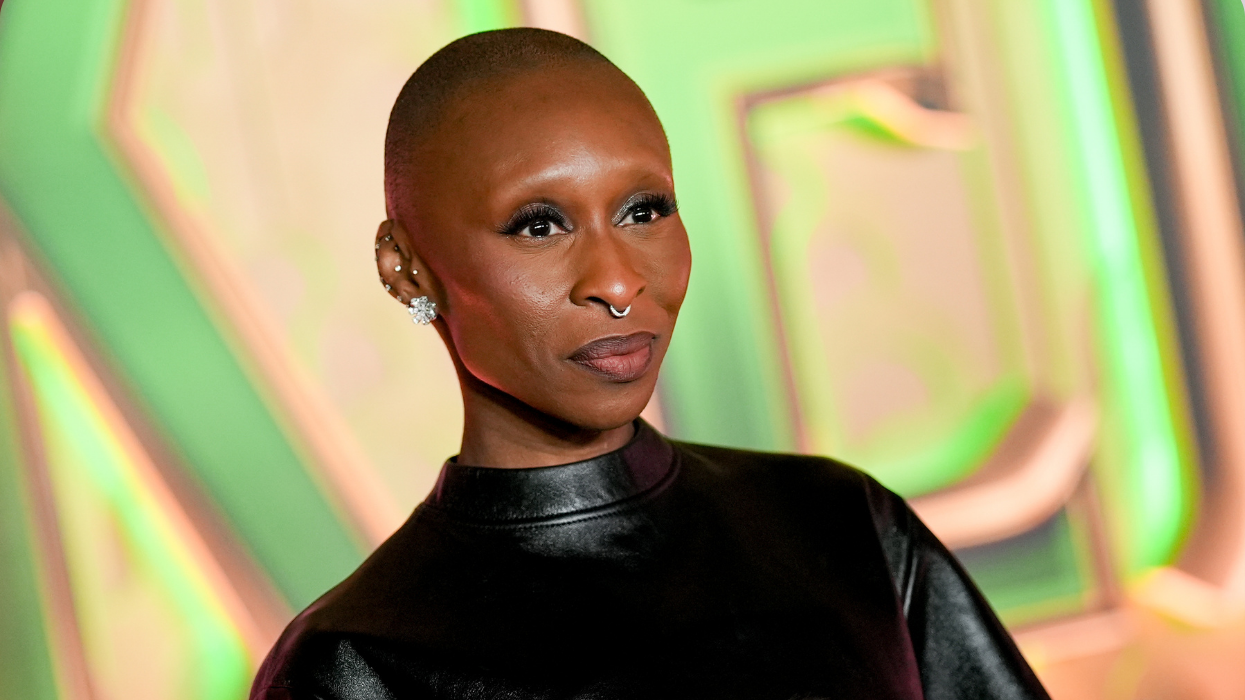

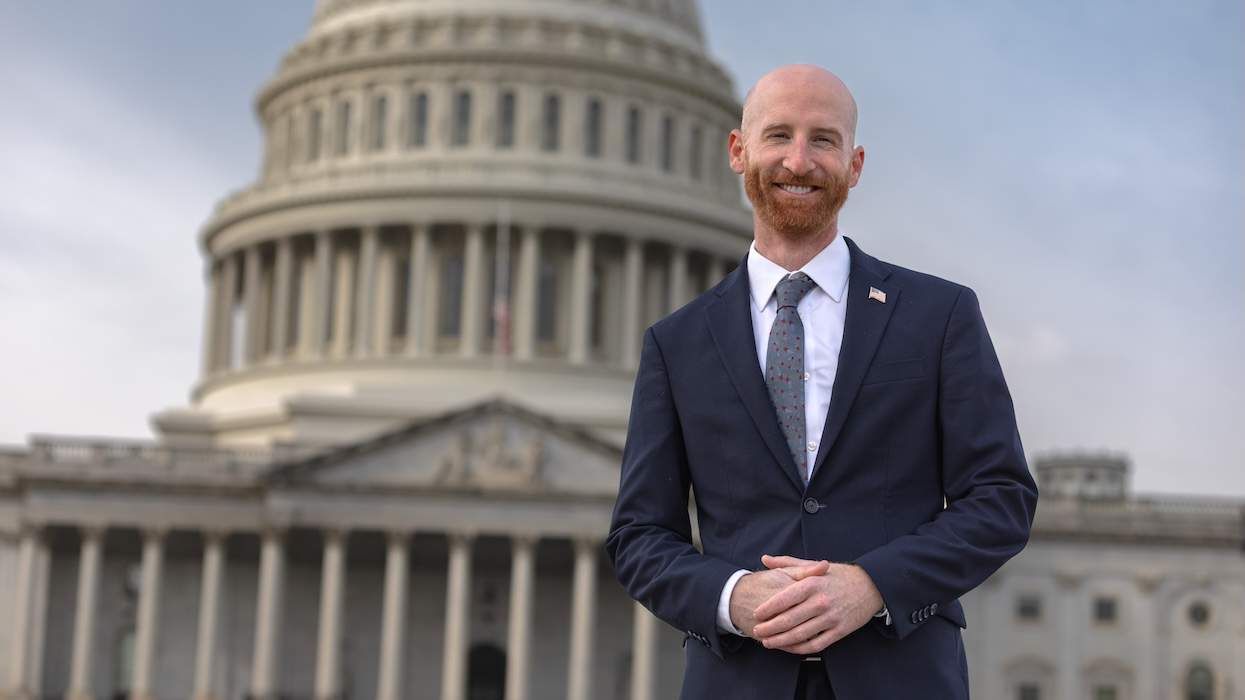
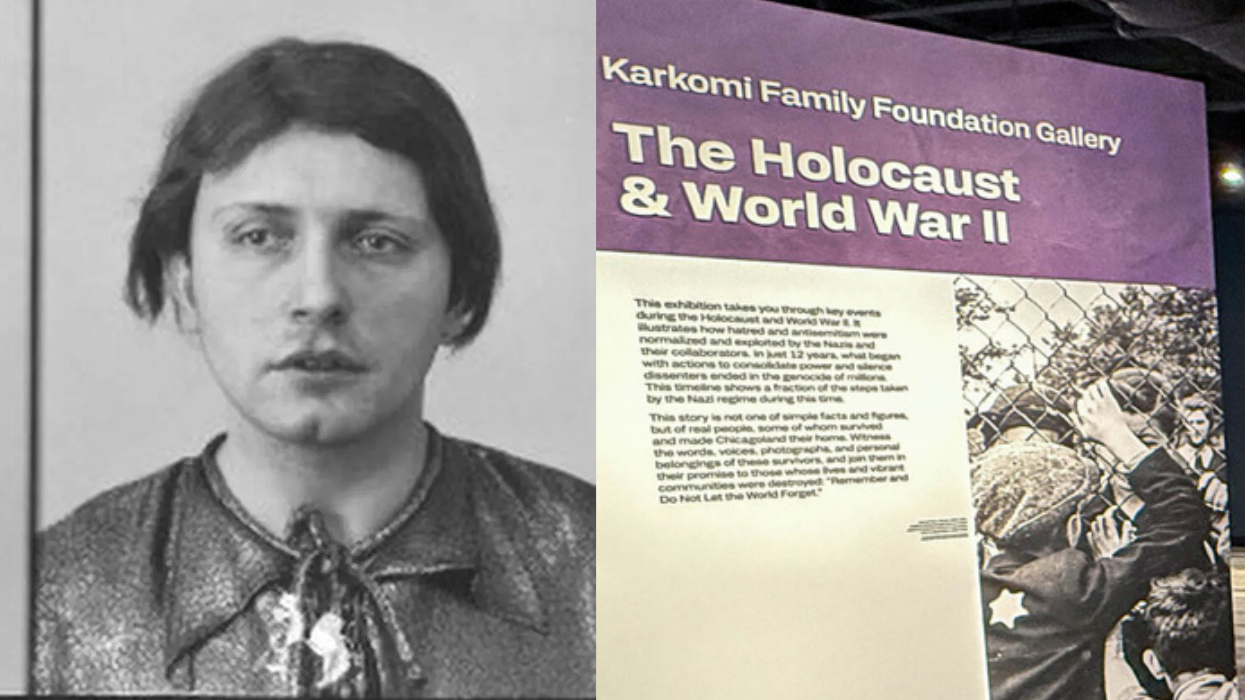


















































Charlie Kirk DID say stoning gay people was the 'perfect law' — and these other heinous quotes